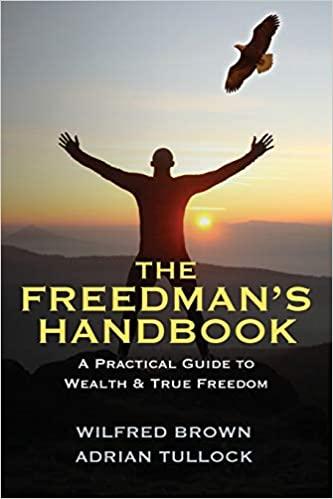Question
Nick is willing to invest $20,000 for five years, and is an economically rational investor. He has identified three investment alternatives (A, B, and C)
Nick is willing to invest $20,000 for five years, and is an economically rational investor. He has identified three investment alternatives (A, B, and C) that vary in their method of calculating interest and in the annual interest rate offered.
Since he can only make one investment during the five-year investment period, complete the following table and indicate whether Nick should invest in each of the investments.
Note: When calculating each investments future value, assume that all interest is compounded annually. The final value should be rounded to the nearest whole dollar.
| Investment | Interest rate and Method | Expected future value | Make this investment? |
|---|---|---|---|
| A | 10% simple interest | ||
| B | 6% compound interest | ||
| C | 7% compound interest |
Step by Step Solution
There are 3 Steps involved in it
Step: 1

Get Instant Access to Expert-Tailored Solutions
See step-by-step solutions with expert insights and AI powered tools for academic success
Step: 2

Step: 3

Ace Your Homework with AI
Get the answers you need in no time with our AI-driven, step-by-step assistance
Get Started


